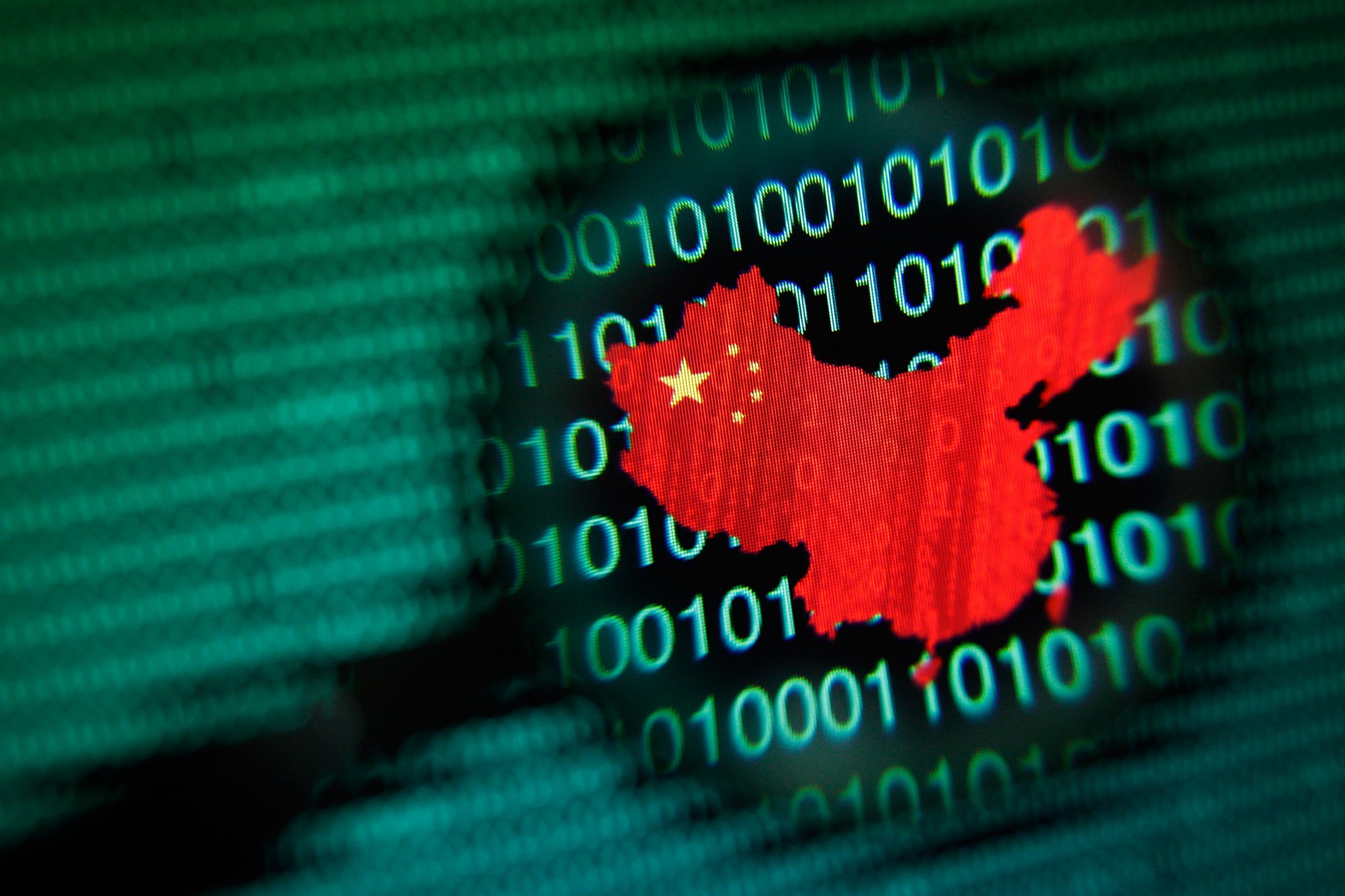Romania approves US-backed bill banning Huawei from its 5G network
01/03/2022 / By Ramon Tomey

Romania has approved a bill backed by the U.S. prohibiting Chinese company Huawei from joining its 5G network. According to a member of the Romanian Parliament, the centrist government in Bucharest approved the bill on April 15. The bill’s approval occurred amid a technology “Cold War” between China and the U.S., with its battleground set in Europe.
The parliament’s Information Technology and Communications Secretary and Member of Parliament (MP) Pavel Popescu said: “The government just approved this bill of paramount importance for Romania, sealing a 2019 memorandum signed in Washington. [This means] that China and Huawei are ruled out from any would-be partnership on 5G with the Romanian state.”
“National security is a key goal, and protecting Romania’s future generations’ personal data is crucial.”
According to the August 2019 memorandum, companies who wish to take part in developing Romania’s 5G network need to undergo a “careful and complete evaluation.” It elaborated that vendors should declare if they are subject to control by a foreign government, if they are subject to a legal regime enforcing transparent corporate practices and if they possess a transparent ownership structure.
The April 15 bill reflects both the U.S. memorandum and the stance of Romania’s Supreme Council of National Defense. Even before its 2004 participation in the North Atlantic Treaty Organization (NATO), Romania has been a staunch American ally. The U.S. believes that the Chinese Communist Party is using Huawei for global surveillance, a belief Bucharest shared. However, the telecommunications giant has repeatedly denied performing espionage activities for the Chinese regime.
Popescu commented that the bill serves as a requirement for launching 5G tenders in Romania in the second half of the year. The bill also opens up an opportunity for Huawei’s competitors Ericsson and Nokia to position themselves as suppliers for Romania’s 5G network.
Huawei is facing bans from different countries across the world
The April 15 bill was first drafted last year but immediately faced a legal challenge from Huawei. The Chinese telecommunications company appealed to the European Commission to overturn the ban. According to Huawei, the law drafted under the guise of national security violated EU legislation banning discrimination against companies based on their country of origin. (Related: US and UK partner up to ban Huawei from 5G surveillance and data collection.)
A report by Total Telecom said the bill will significantly impact Romania’s 5G spectrum auction scheduled in late 2021. But it also pointed out that some Romanian providers procured a significant portion of their equipment from Huawei – posing potential problems for the local firms.
Aside from Romania, Huawei also faced similar bans from other European nations. A September 2020 report by Intellinews said Poland proposed a bill amending the country’s existing national cybersecurity system law. The new bill indicated that hardware and software providers need to be vetted for potential influence from countries outside the EU or NATO. Aspects such as human rights and use of personal data would be considered in the vetting process.
According to the proposed legislation, providers found to be of “high risk” to Poland’s cybersecurity would be penalized with a ban on their products. It also said that these companies’ products would be withdrawn from the Polish market if they are determined to be a threat. While the bill did not explicitly point to the Chinese company, the requirements would clearly disfavor it.
Warsaw has long remarked that letting Huawei join the country’s 5G build-up could undermine national security. Interestingly, Estonia also shares Poland’s worries over the Chinese firm.
In May 2020, the Estonian parliament approved a law mandating security reviews for telecommunications equipment to be used in future networks. The new Electronics Communications Act approved by the unicameral Riigikogu includes Estonian intelligence services as among those examining companies for any undue influence.
Similarly, the Estonian law did not mention Huawei or any other companies outright – but lawmakers dubbed it the “Huawei law.” The country – also a member of the EU and NATO – also shared the same sentiments as the U.S. over Huawei’s links to Chinese espionage. Riigikogu Defense Committee Head Andres Metsoja said in a statement: “We must ensure that the communication services are offered using a secure technology and a reliable provider.”
Huawei also appealed to the European Commission to overturn the bans mandated by Poland and Estonia, but the appeal fell on deaf ears.
Visit NationalSecurity.news to read more articles about China’s espionage efforts through Huawei.
Sources include:
Tagged Under: 5g, big government, China, chinese espionage, cyberwar, data privacy, estonia, Glitch, Huawei, national security, Poland, privacy concerns, Romania, surveillance, telecom
RECENT NEWS & ARTICLES
COPYRIGHT © 2017 SURVEILLANCE NEWS

















